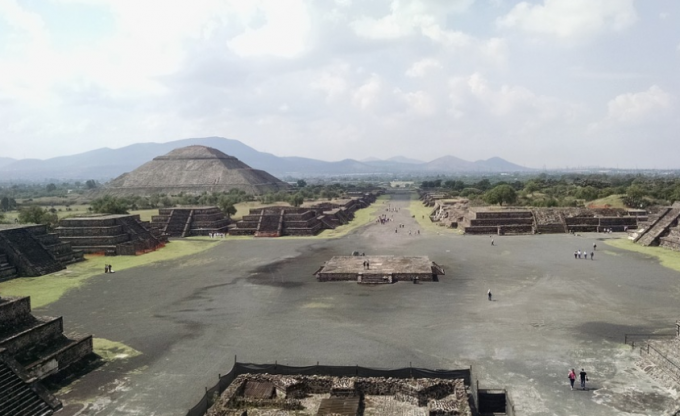Latin America’s struggles with COVID reflected in ALAI results – Aberdeen Latin American Income (ALAI) says that, for the year ending 31 August 2020, it generated an NAV return of -27.5% and a return to shareholders of -24.4%. The return on the trust’s benchmark was -22.9%. The dividend has been maintained at 3.5p but this was uncovered by earnings, which were 2.21p. However, it still has reserves of £1.96m. The manager is rebating part of its fees to keep the ongoing charges ratio below 2%.
The chairman’s statement acknowledges the problems that Latin American countries have had in tackling the pandemic.
Extract from the manager’s report
“Software companies were the biggest contributors to performance, followed by industrials and financials. Conversely, the materials and consumer sectors negatively impacted performance. At the country level, stock selection in Brazil and Argentina supported returns. However, your portfolio’s Mexican and Chilean holdings detracted.
In the technology sector, Argentine software development company Globant contributed positively on accelerating digitalisation trends. This was also the case for Brazil’s leading enterprise software solutions provider Totvs. Additionally, the off-benchmark holding in Linx helped the Company, as this leading retail software company rallied on news of a business combination proposal by Brazilian payments unicorn StoneCo.
For the industrial sector, your Company’s exposure to WEG, though limited, proved beneficial. The Brazilian electrical motor company’s share price doubled, driven by robust results.
Among financials, introducing Brazil’s leading equity broker XP to the portfolio helped lift returns. XP’s solid business growth was bolstered by the country’s deepening capital markets. Stock exchange operator B3 also contributed with its trading volumes increasing as investors searched for yield in a record low interest rate environment. Conversely, holding Banco Bradesco muted portfolio gains as the lender was hurt by the economy’s contraction and also suffered from deteriorating asset quality.
In the materials sector, Vale’s share price rose on resilient iron-ore prices, along with the better news that it will resume dividends earlier than expected. Payouts had been suspended since the Brumadinho dam disaster. Our overall exposure to the miner, both directly, and via Bradespar’s shareholding, supported the portfolio. Separately, Vale’s investments to reduce its carbon emissions by one-third over the next decade could help its environmental, social, and governance standing.
Within the consumer sector, not holding Magazine Luiza proved costly for us as new social-distancing norms led to robust demand for the Brazilian retailer’s extensive e-commerce business. On a brighter note, the initiation of Mercado Libre added to portfolio gains on the back of stellar results. The e-commerce major’s June-quarter revenues rose sharply, thanks to a surge in online sales and virtual payments during the pandemic.
In the bond portfolio, allocation effects were positive for the Company, whereas currency and security selection dragged on performance. In particular, an overweight in Uruguay and Colombia helped drive performance, as did security selection in Colombia. The Company had no exposure to poor performers Chile or Argentina, a decision which aided relative returns. Moreover, the underweight position and security selection in Brazil contributed to performance.”
ALAI : Latin America’s struggles with COVID reflected in ALAI results
